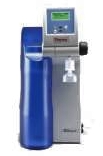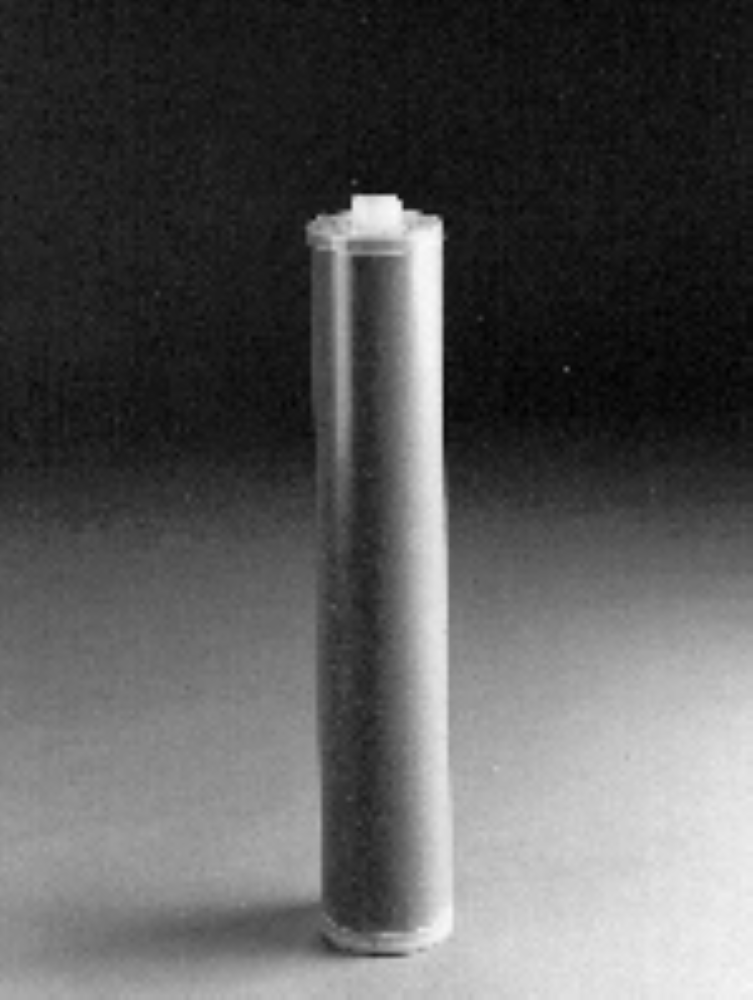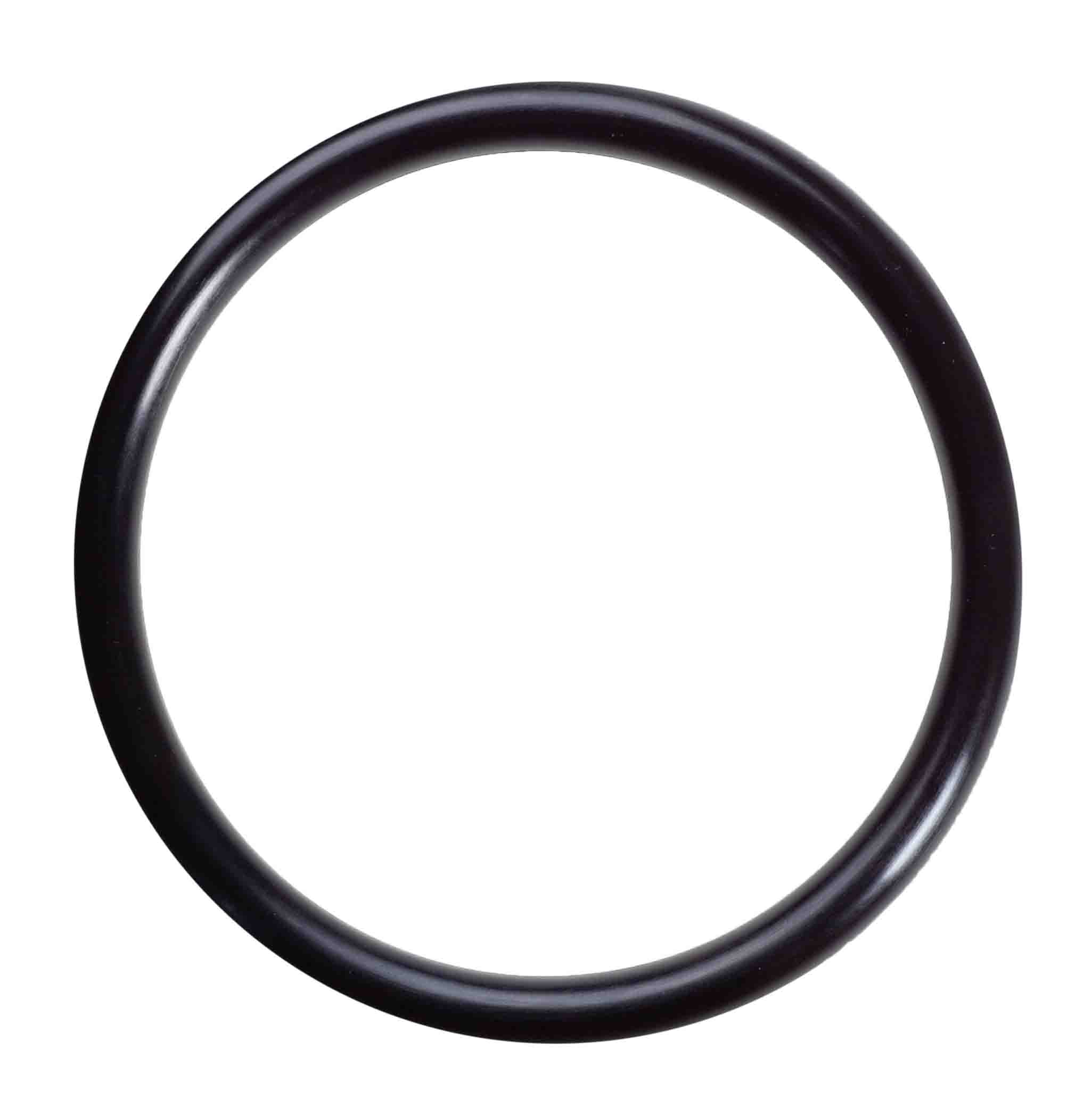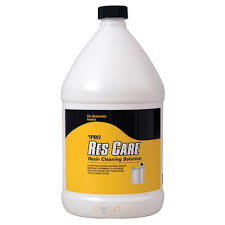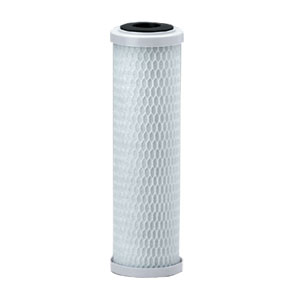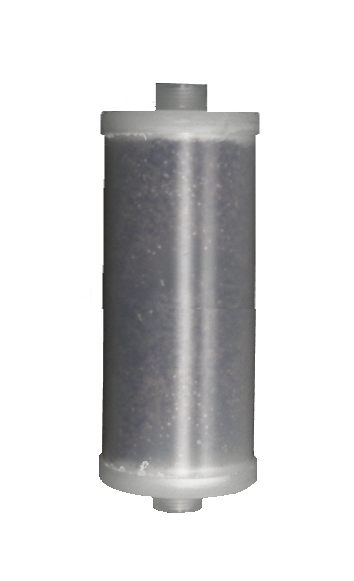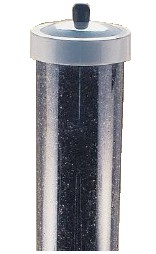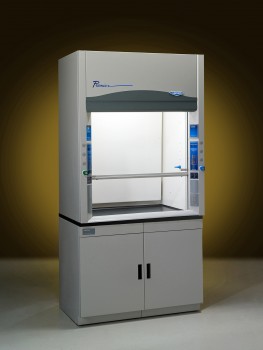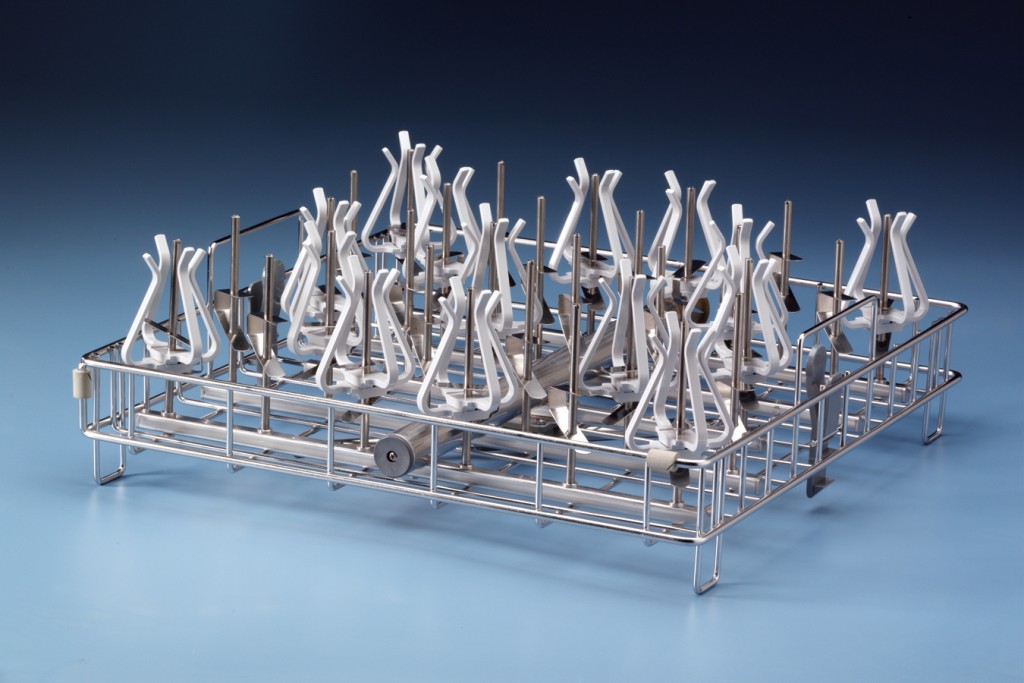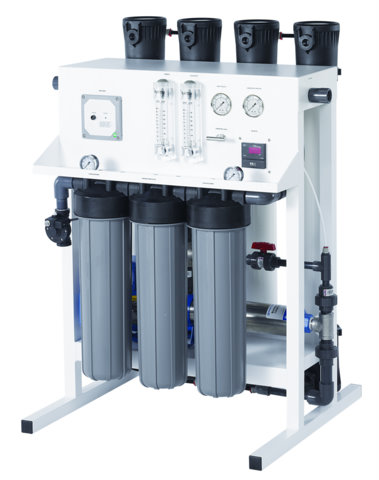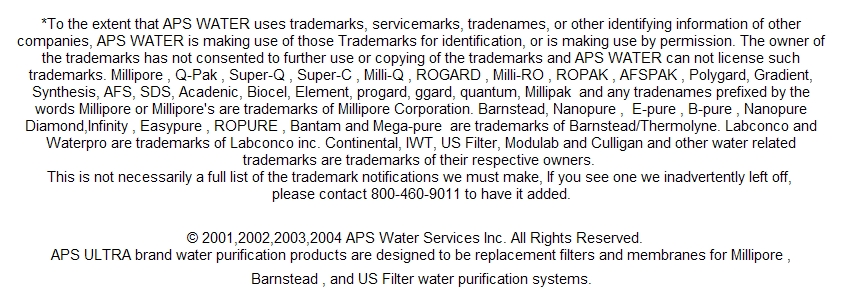|
Celebrating 34 years providing high quality products and advice.
|
| Our Local Time Is 3:35:20 AM. |
| Call us at 818-786-0600. We are here to help! |
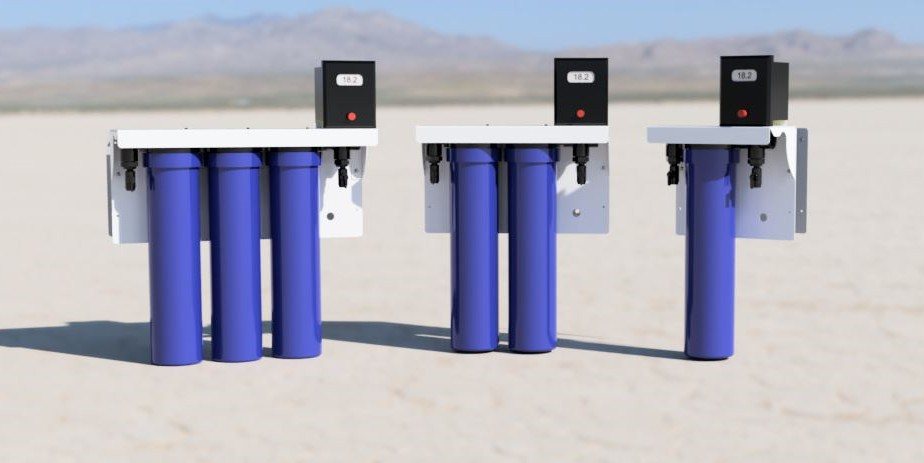 |
ON SALE NOW
Introducing the Polaris Lab Water Systems
High Purity Water Made In The USA.
Click here for more info. |
Pseudomonas In Purified Water Spas and Drinking Water Systems
PUBLIC HEALTH CONCERNS REGARDING PSEUDOMONAS AERUGINOSA AND SPAS
Also see : Treating Bacteria in Water
Pseudomonas aeruginosa is a bacterium commonly found in spas and purified water systems. If allowed to reach unsafe levels. The presence of pseudomonas may cause several health problems including skin rash and other skin infections, ear infection, urinary tract infection, and in rare instances, pneumonia. As spa or puirifed water system operators, you should be aware of Pseudomonas, and how to control its growth.
Pseudomonas bacteria can be found naturally in the ground and within drinking water sources such as aquifers. Conventional drinking water treatment systems can remove or inactivate these bacteria, but they may continue to multiply within finished drinking water attachments and can cause negative health effects in humans under certain conditions.
Elevated numbers of Pseudomonas may indicate the development of a bacterial layer on surfaces within a distribution system. Such surface areas may include home water treatment devices that utilize carbon filters or membranes. However, the presence of disinfectants such as chlorine or chloramines, when applicable, can control (but not prevent) such growth. Furthermore, Pseudomonas species’ ability to slow their metabolism allows them to survive in bottled or distilled waters for months at low densities.
Several guideline values exist for both Pseudomonas and heterotrophic plate count (HPC) measurements, heterotrophic plate count (HPC) being a relatively simple indicator of a wide range of bacteria including several Pseudomonas species. However, health-based limits and mandatory drinking water standards do not currently exist for either. United States federal regulations do not specifically restrict Pseudomonas in drinking water supplies but include the commonly used HPC level of 500 colony forming unit per milliliter (cfu/mL) as an indicator of a sufficient detectable residual disinfectant.
Where does Pseudomonas grow?
Pseudomonas grows in water. It thrives at warm temperatures, which is why it is so often associated with spas. If spa water is not properly maintained chemically, it may become a breeding ground for pseudomonas. However, pseudomonas is often not completely eliminated with proper disinfection and pH control. Therefore, it may always be present and must always be controlled.
In purified water Pseudomonas has nothing to stop its growth. Pure water is very much like a person without an immune system. Carbon filters act as the perfect food source and allow Pseudomonas to flourish. In order to control Pseudomonas; properly designed water systems will have no staganant water. Pseudomonas grows quickest if the water is allowed to sit without movement. Pseudomonas likes to adhere to the walls of the piping systems, inside filters and on other surfaces where it will readily colonize into large areas of biofilm. The general is that water must always recirculate at a flow velocity of 2-7 feet per second. At this speed, water is like a fast running stream and sweeps the walls of piping systems making it difficult for Pseudomonas to adhere to the walls and colonize. To keep control of Pseudomonas it is usually advisable to add ultraviolet sterilization and or submicron filtration to the recirculating loop. For home systems, changing the carbon filters every three months will help control this bacteria. When possible, using an automatic backwashing carbon keeps much cleaner than carbon cartridge filters since they self backwash and remove the bulk of the bacteria on a regular basis.
What kind of health problems are caused by Pseudomonas?
Pseudomonas is a "water bug" and lives in flowers, ponds, sinks and the fresh vegetable section of the grocery store. The silvery oily sheen seen on the surface of stagnant water is due to pseudomonas. Pseudomonas aeruginosa are bacteria that can cause infections in patients with a weakened immune system. They can cause lung and eye infections. Cystic fibrosis patients and AIDS patients suffer from lung infections frequently. Infections can be treated with a range of antibiotics (penicillin and others). Eye infections are frequently seen with people wearing contact lenses. It has been suggested that Pseudomonas aeruginosa could live under long natural or artificial fingernails. This is not a proven fact. Common hygiene practice (washing hands with soap, thorough drying with a clean towel) should be sufficient under normal conditions. In hospitals standard hygienic practice is also sufficient. Killing of Pseudomonas in water is more problematic.
As stated above, pseudomonas may cause skin rashes and other types of skin infections, ear infections, urinary tract infections, and in some cases even pneumonia. These illnesses have been recorded amongst Spa bathers since 1972 and have affected men and women equally, young and old. Illness may last up to a week and, in minor cases, does not usually require medical attention.
How can Pseudomonas growth be prevented?
Pseudomonas growth can only be prevented by proper maintenance of the Spa. Illness outbreaks are often associated with Spas that do not receive regular (daily) maintenance. Pseudomonas growth cannot be controlled by increasing the temperatures of the spa. It thrives at warm and even very hot temperatures. Proper chlorination (2 to 6 ppm) and pH (7.2 to 8.0) control will help to combat pseudomonas growth. But because some pseudomonas may survive disinfection procedures, it is necessary to drain the Spa regularly and scrub the surfaces of the spa, where pseudomonas may attach and thrive.
What to do if a pseudomonas outbreak occurs in your facility:
If you suspect a pseudomonas outbreak at your facility, you should close the Spa and report names, addresses and phone numbers of any affected bather(s) to the Health Department immediately. Additionally, do not drain or shock the spa water. In order to confirm an outbreak, the Health Department must test bacteriological samples from the affected bather(s) as well as the spa water. So we must be able to use the same spa water that the bather(s) used. When the Health Department has finished testing the water, drain the spa and scrub the surfaces. Fill the spa with fresh water and resume normal disinfection procedures. To prevent pseudomonas from being reintroduced into the spa, do not allow any previously infected bather(s) to the spa until they have been assured by a doctor that they are no longer infected with pseudomonas (i.e. until you have seen a doctor’s note).
There are several technologies that can help control but not remove all bacteria.
These Include :
Ultraviolet Lights
(with a 256 nm bulb with less then 8000 hours on it.)
These light use UV light to interfere with the DNA of the Bacteria cell causing reproduction difficulties. The lights remove
Ozone
Submicron-filtration
Ultrafiltration
Reverse Osmosis
http://www.bfhd.wa.gov/pdfs/Pseudomonas%20Aeruginosa%20Worksheet.pdf
http://www.health.state.mn.us/divs/eh/water/pseudomonas.html
|
Images are representative of the products. Images may or may not be of the actual product. If it is important e-mail us for an actual image if available.
* Flat Rate UPS shipping when able to ship via UPS and is in the USA excluding Hawaii and Alaska.
Larger Items may not be able to ship via UPS, in that case freight charges will be quoted seperately.
International shipping will be quoted after the order is placed. You will have the opportunity to cancel before we finalize your order.
Terms and conditions
Credit Application
Privacy
Policy
List All Products
|




